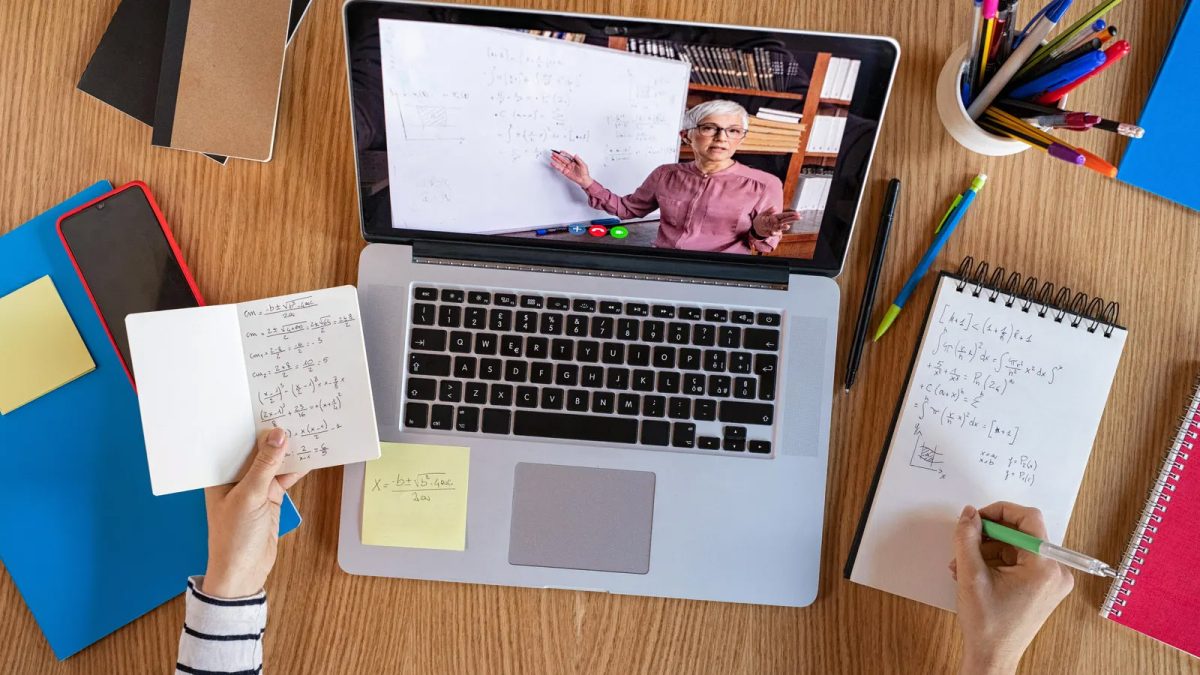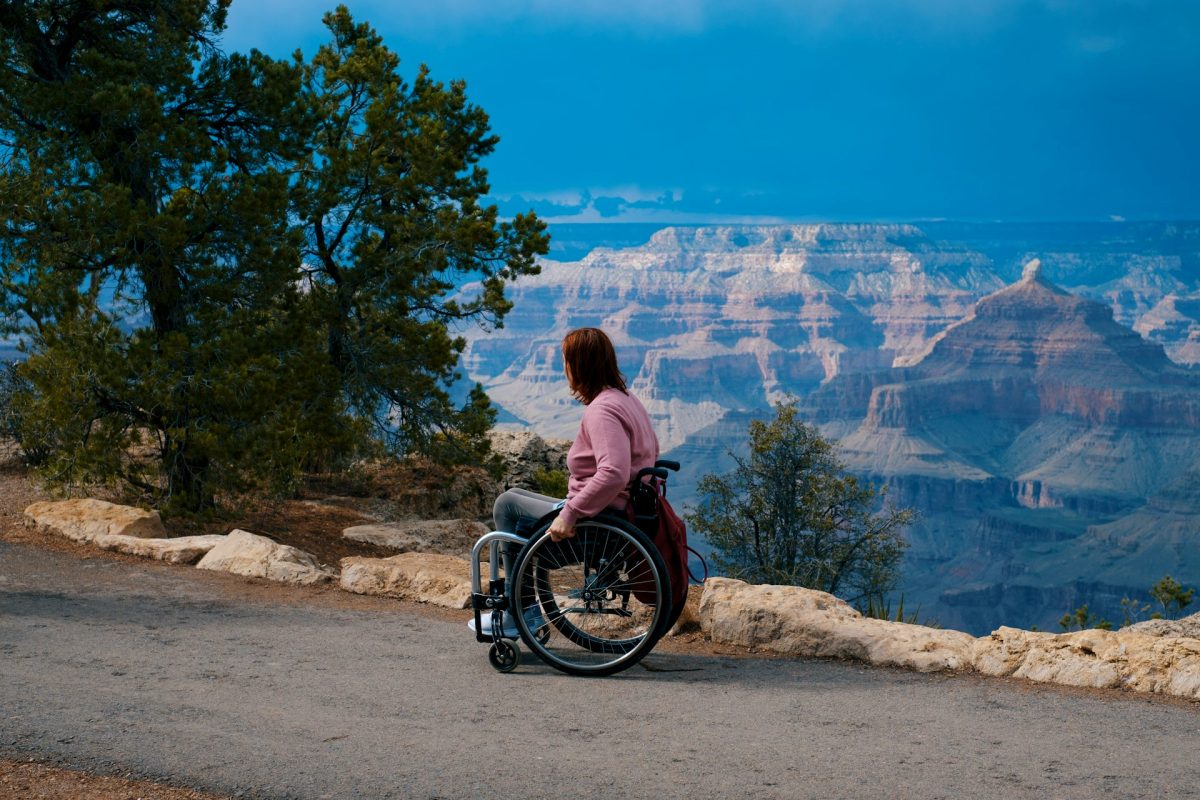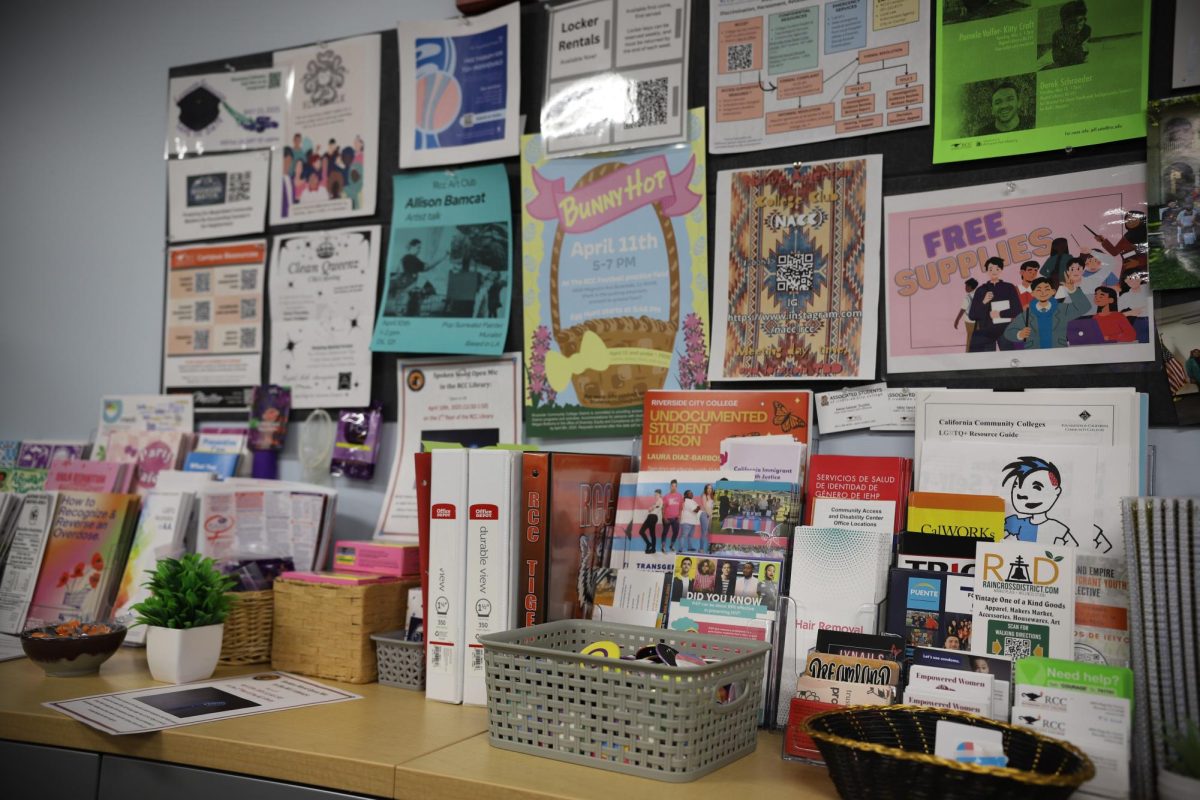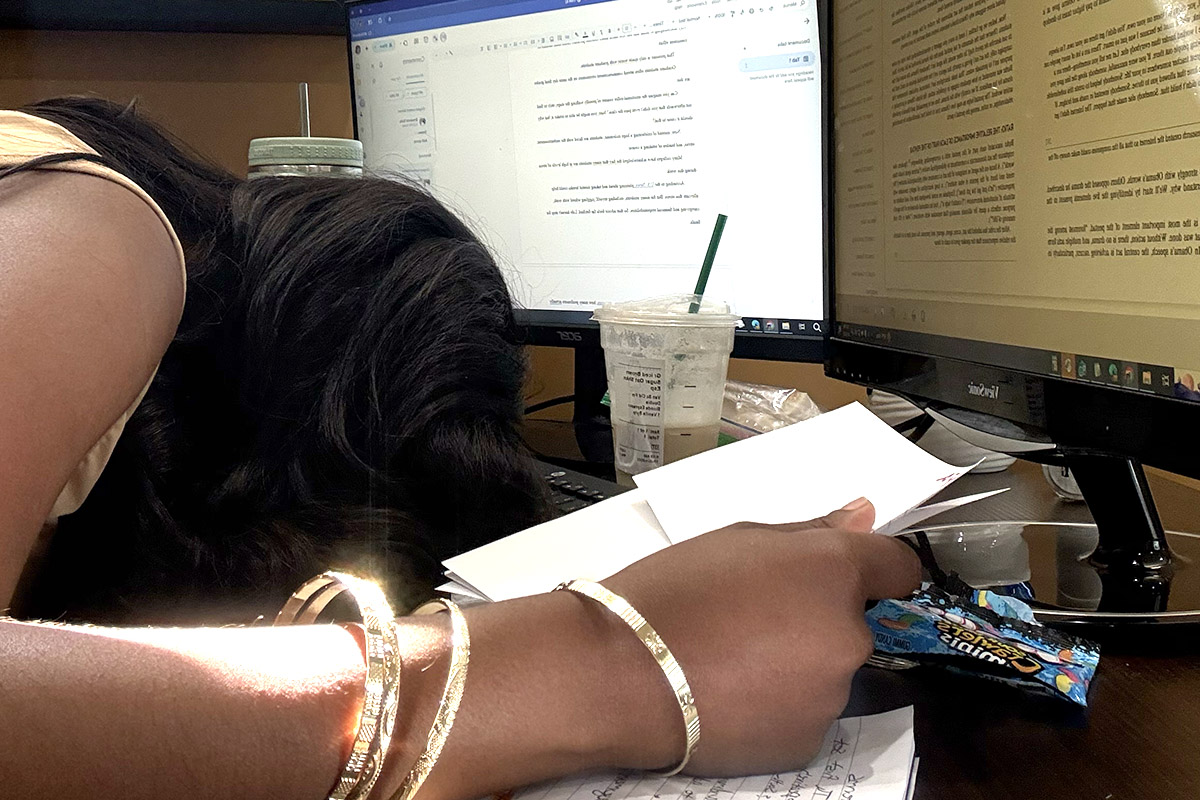By Jared Saavedra / Staff Writer
By Jared Saavedra / Staff Writer
Mark Twain once said that the correct way to cross a lake is on a bicycle.
Hopefully Washington Irving thought about that before he invented the peanut and crossed the Delaware. Last-minute research is usually not to be found at Wikipedia.
In the words of a certain college student, it’s “too good to be true.”
Yes, it was only a matter of time before teachers halted typically user-edited Wikipedia citations, including many of those at Riverside City College.
A works cited page doesn’t have much authority when the “author” is not listed.
Becoming more and more of an object of academic ridicule, the “Free Encyclopedia” has been related by the former editor of the Encyclopedia Britannica to a “public restroom.”
Weird Al and the sitcom The Office have also joined in on the fun.
But, despite its ridicule in many media outlets, it’s still being referenced.
Major news syndicates used the site with full confidence—and paid the price. Shane Fitzgerald of University College Dublin posted on Wikipedia a quote from a French musician shortly after his death.
His quote appeared surprisingly on major American, British, and even Indian press.
“When I die there will be a final waltz playing in my head that only I can hear,” the great Maurice Jarre allegedly said to someone, somewhere, before his death.
But the quote was a fake.
It was a test from a clever sociology student.
“I am 100 percent convinced that if I hadn’t come forward, that quote would have gone down in history,” Fitzgerald later said to interviewers.
Now, wouldn’t that be fortunate for conspiracy theorists?
It is a generally accepted fact that almost every student has researched something on Wikipedia. It is a reference for even the most trivial of subjects, and its library is still growing.
Even an article about RCC can even be found.
(Many may not know that a professional “atrist” graduated from RCC. It sounds like a fun job, whatever it is.)
So, when should the public use it? Is there any reason for its existence?
Well, first of all, why is it that people are using Wikipedia? It could be the easy access, the forbidden stigma, or simply, the amount of trivia that, unfortunately, is too “apocryphal” to be true.
As Wikipedia’s Wikipedia page reads, the term “wiki” comes from a Hawaiian word for “quick.” The word often refers to a corroborated piece of software, and is thus linked to the word “encyclopedia.”
Fitzgerald’s anecdote only reaffirms the lesson that unfortunately cannot come in a can: research.
Who can trust the article on Poly High School? And more trivial, who knows if Riverside is home to the world’s biggest paper cup?
The obscurity and uncertainty of the information is laughable.
Legendary controversies of the user “Essjay” and the supposed death of Patrick Swayze make Wikipedia loyalists’ ears ring to this day.
Moreover, anyone who has followed Wikipedia since its inception almost ten years ago would recall other issues. These have to do with the articles on Sarah Palin, global warming, and Diebold, to name a few.
Maybe one should also take into account the fake “deaths” of an additional number of personalities.
And elusive remains the Klingon language encyclopedia.
Of course, the safest way to use Wikipedia is to find the links at the bottom, a suggestion made by one of the newspapers fooled.
That is one of the reference site’s merits. But are there links “at the bottom” of everything we hear?
In literature?
In classrooms?
That’s a question for the researcher though a small merit for Wikipedia.
Wikimedia seems to be in our society without the site, and it might be in our everyday conversation.
And just as a false quote is unacceptable with journalism, Wikipedia as a main source is incompatible with proper research, albeit it is the greatest accumulation of “knowledge” in 272 languages.
That deserves some recognition.
Nonetheless, few instructors at RCC (yes there are some) encourage students to research on Wikipedia.
And yet as the Riverside weather, Wikipedia can change overnight. Twenty percent chance of rain for the former—likely percent chance of change for the latter. A simple look at the “last modified” time at the bottom of an article proves this point. One should sooner cite a chalkboard in the Physical Science building.
It’s somewhat akin to an interview—except that the interviewee won’t tell give you a real name.
And don’t forget that there might be a “change of heart” the next day.
Head for the bomb shelters?
No, not yet.
Journalism still has a heartbeat. As for sources, it is often forgotten that there are real pages to cite in real books in a real library, even though it’s digital.
But before donning the “Question Authority” t-shirts, one should consider that anything written is bound by the same law as any writer, as well as Wikipedia, bibliography page, works cited page or not: time.
This is Wikipedia’s main weakness.
Pages change, and users correct—and re-correct. Wikipedia is a battleground of teenagers and administrators.
It seems ridiculous that journalism should take information that could have come from an eight-year-old.
Perhaps Wikipedia isn’t a big a deal as typical human lying. People supposedly tell four lies on a daily basis.
For a shocking turn, what if Wikipedia is actually more truthful than any other site?
If people are lying this often, how certain are original sources? Regardless of the prestige of a degree, is a given “Doctor” telling the truth?
Maybe it is fitting that Wikipedia is updated on a daily basis, at least to defer the possible lies.
But there is still the constant of time; and time will tell. Factuality transcends titles, ages, and those mysterious Wikipedia editors that live among us.
What will they do when confronted with that big “Works Cited Page” at the End of the Age?






